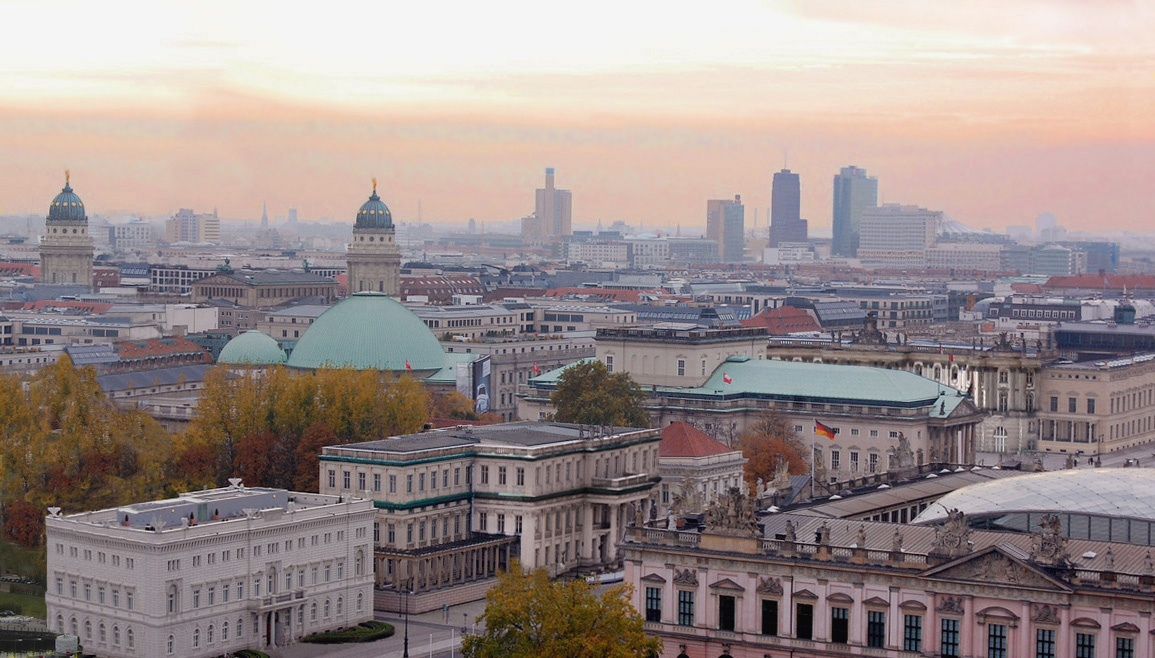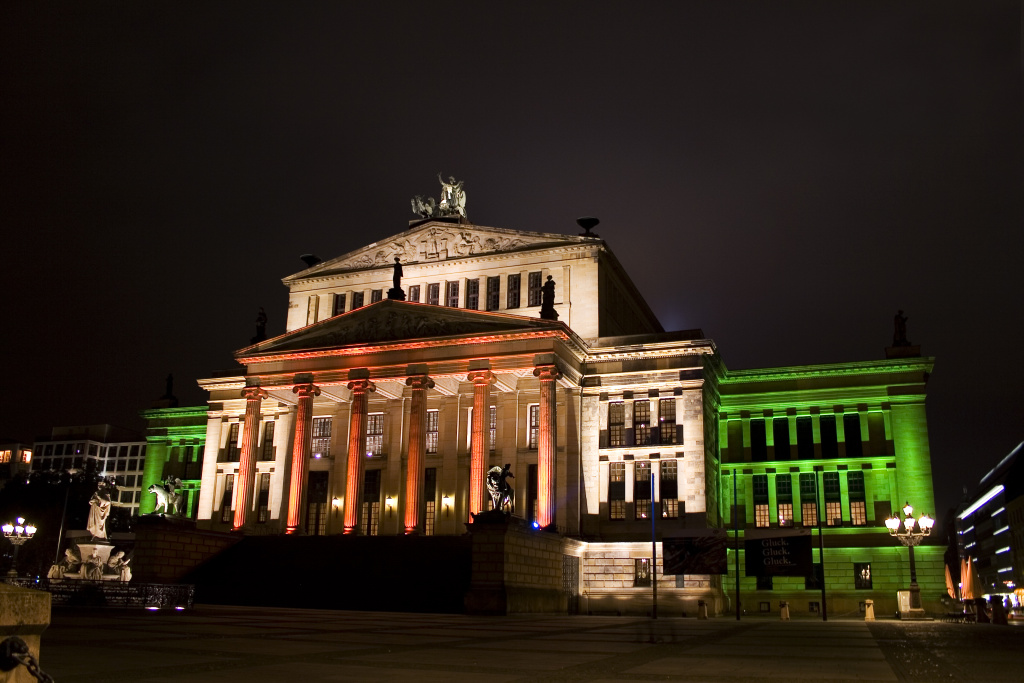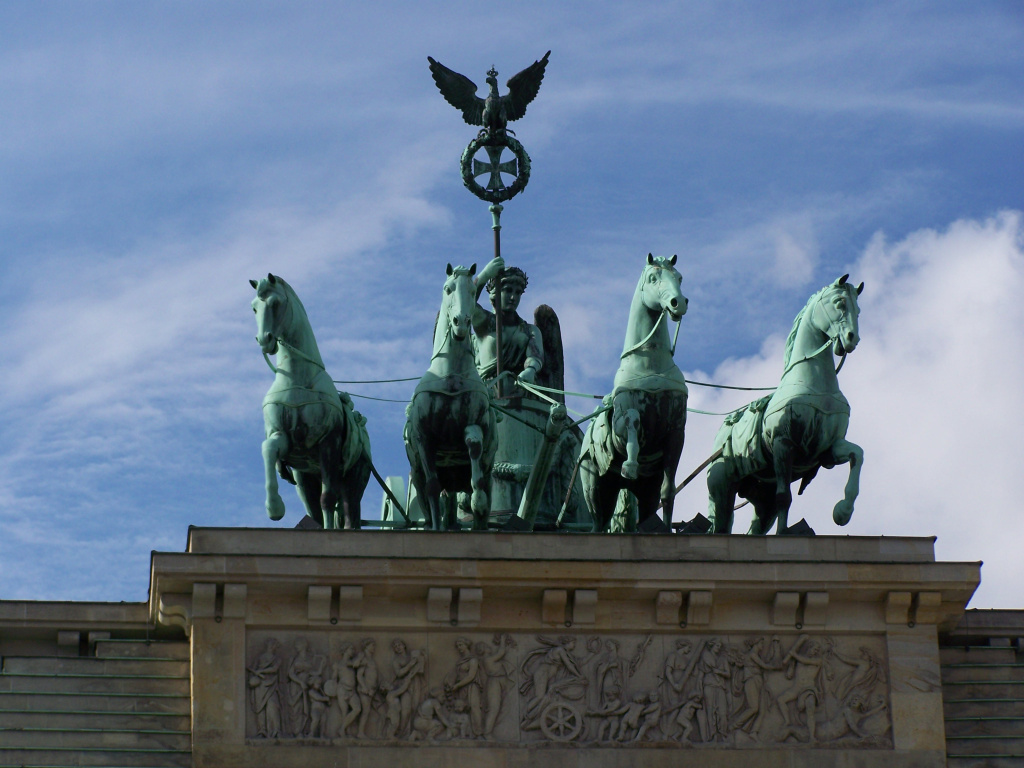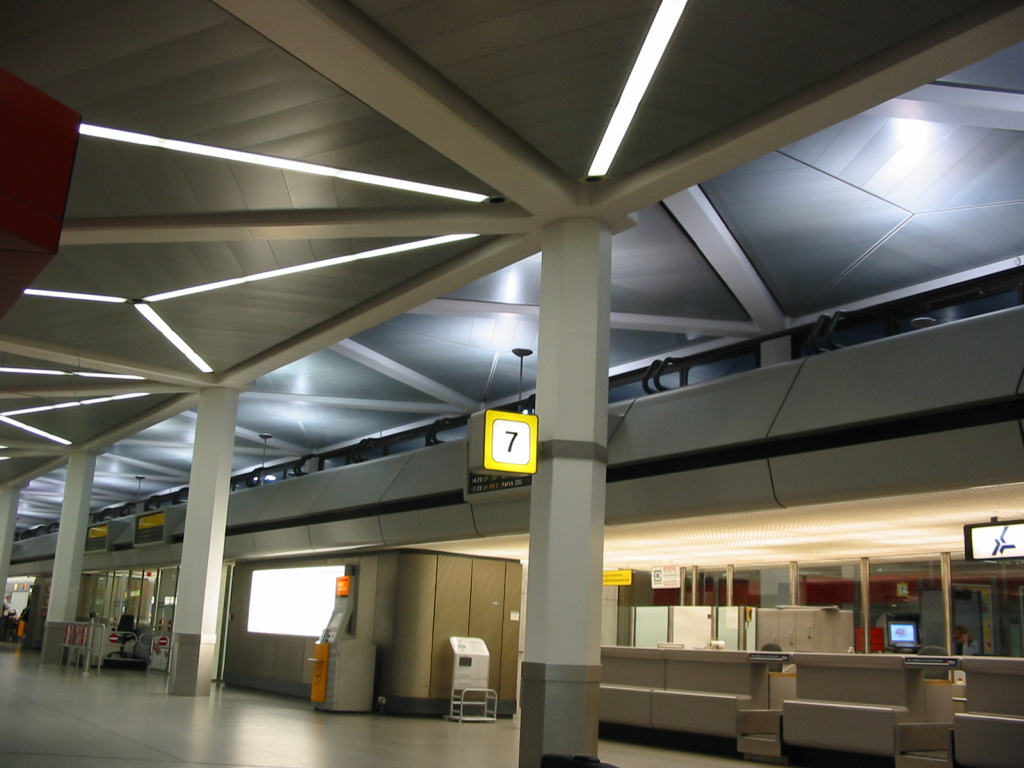Around 80 percent of the city was wiped out during the notorious World War II and only a few landmarks endured the war such as the Kaiser Wilhelm Memorial Church among others. Among all the landmarks that Berlin is famous for, the Berlin Wall has the most story to tell. The Berlin wall served as the divider between the communist East and the democratic West. Even if a decade has already passed, the differences of the West and East Berlin are still very evident. Berlin has a level of mystery that has always drawn in intrigued visitors from around the world.
Berlin is a city as well as a federal state of Germany. 12 boroughs or districts make up Berlin, each with its own administration or government, although all of these districts are still subject to the city and state government of Berlin. Each district is made up of official localities, which may not have their own governments, but are distinguished by the city for statistics and planning purposes. Oftentimes, residents of Berlin identify more with their locality rather than with the district that oversees them.
When the Greater Berlin was formed in 1920, it was organized into 20 districts. By the year 2000, the boroughs or districts increased to 23 since 3 new districts were created in the East. The administrative reform in the year 2001 united the existing districts to form the 12 that make up Berlin today.
Central Berlin Districts
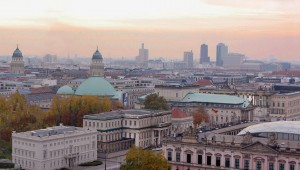 The central Berlin districts are Tiergarten, Kreuzberg, Mitte, Charlottenburg and Wilmersdorf.
The central Berlin districts are Tiergarten, Kreuzberg, Mitte, Charlottenburg and Wilmersdorf.
Tiergarten
Tiergarten spans the central part of Berlin – from the central train station in West Berlin to the Brandenburg Gate in East Berlin. There are plenty of landmarks in Tiergarten. Some of these landmarks, tourist attractions and hotels include the renowned Berlin Zoo or Zoological Garden, the Grand Hyatt Berlin, The Hotel Inter-Continental Berlin, the Victory Column, the Reichstag and the Brandenburg Gate.
Mitte
The district of Mitte is one of the most celebrated boroughs of Berlin because of its inspiring landmarks, hotels and tourist attractions. Before the World War II erupted, the Mitte District was the richest in the city as it held the very heart of the city’s political, business and cultural life. When the war was finished, this flourishing district was left in a very bad condition, with many of its establishments destroyed. Mitte was eventually rebuilt by the East German Government as the center of the new East Berlin.
Kreuzberg
The Kreuzberg District is very near Berlin’s center. It has always been known as the main military crossing point between the West and the East. This district has a rich history and it contains some of the city’s most celebrated attractions such as the Checkpoint Charlie.
Wilmersdorf
This district of Berlin is recognized as one of the best districts to live in. Wilmersdorf has some of Berlin’s best hotels like the Savoy Hotel as well as some of Berlin’s finest landmarks like the Kurfurstendamm and the Kaiser Wilhelm Memorial Church.
Charlottenburg
The Charlottenburg District is located at the northern part of the notable Kurfürstendamm. This district has plenty of landmarks and is also home to some of the finest bars, restaurants and bookshops in Germany.
